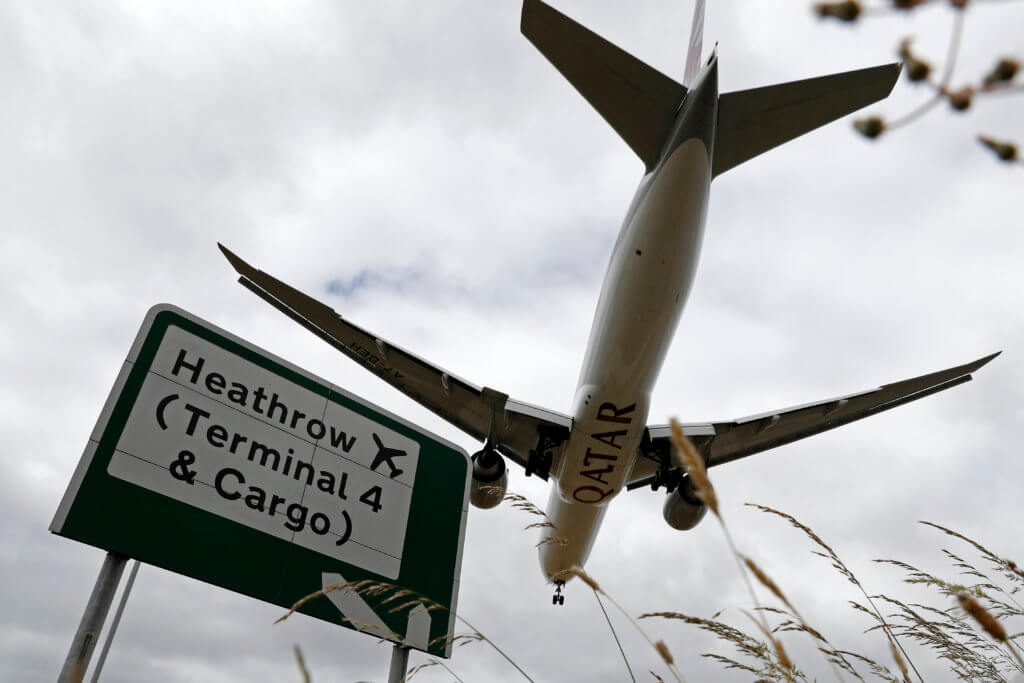Students who were allowed to return home during the special travel window in early December will soon be returning to the UK for the new semester. The spring semester begins in January and runs through to Easter, which is typically in April. Anticipating mass travel, the UK government has released an official set of guidelines for higher learning institutions.
If you are one of the students returning to the UK, we’ve condensed what you need to know below. Bear in mind that though these are official guidelines, each university is responsible for setting the rules for its returning students. So, be sure to confirm all details of your return with your university.
When to return
The UK government advises everyone to stagger the return of students over five weeks to minimise person-to-person transmission. Practical and placement students must be prioritised; they should be returning to the UK between Jan. 4 and 24, 2020. This includes students training for allied health professions and teaching, as well as those in lab-intensive STEM programmes. Additionally, students with valid reasons to return should be allowed, for example, “students who do not have access to appropriate alternative accommodation, facilities, studying space, or that need to return for health reasons.”
Universities should have set up a reliable online learning infrastructure by now, which will allow students to begin the term from home. Students who can proceed with the course online should only return to campus between Jan. 25 and Feb. 7. This includes postgraduate taught students, students in second year onwards, new starters, other international students. Basically, the government directive is: “If you’ve returned home for winter break, you need not return to your campus accommodation until face-to-face teaching resumes.”

A Qatar Airways flight preparing to land at Heathrow airport in west London. Source: Adrian Dennis/AFP
You must test for COVID-19
Yes, every student crossing the border should be offered a rapid turnaround test. If you test positive, you must isolate for 10 days — even if asymptomatic — to prevent unintentionally spreading COVID-19 to your campus community. The guideline further states: “If a student has had a positive coronavirus (COVID-19) polymerase chain reaction (PCR) test in the last 90 days through NHS Test and Trace and been recorded as a positive case on the national system, they do not need to be tested again.”
If you are tested via lateral flow devices, you must take the test twice — once upon your return, and again after three days. You must remain isolated until receiving two negative results. Besides that, your university should ensure that your campus is a COVID-secure environment by providing access to resources, study spaces, campus catering, as well as pastoral and study support. University officials should also be open to listening to what international students need and responding in kind.
Prepare for travel before returning to the UK
Before returning to the UK, be sure to confirm when face-to-face teaching begins, and when you are expected back on campus. You should also inform your university if you have already booked travel for dates outside your specified cohort date. Don’t worry — universities are encouraged to be flexible with international students, especially those who bought tickets before this guideline was issued.
Upon arrival in the UK, you must complete a passenger locator form and self-isolate for 10 days (unless you’re coming from a country on the travel corridor list). Universities UK has prepared a checklist for universities to follow in supporting self-isolating students. You may refer to further guidelines for entering the UK here.
UPDATE: University students are advised to stay home as campuses close in England’s third lockdown. More information here.
